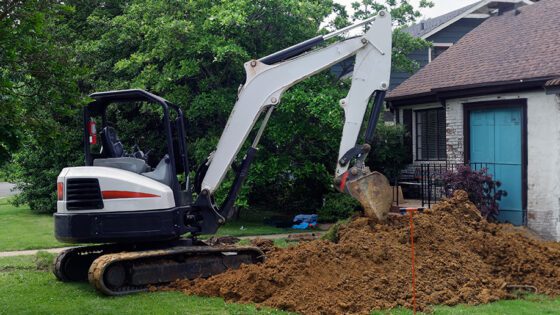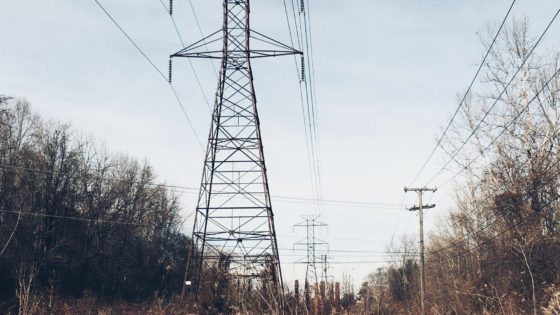If the NCDOT is coming for your property, what they take could have a huge impact on your home or business. What is so important that they have to take your property?
There are a few types of projects that typically fall under the umbrella of “eminent domain.” Here are some examples:
- Public works projects (i.e. road widening, highway construction, installation of new electric of plumbing lines)
- Libraries
- Police stations/fire stations
- Public parks
- New roads
- Public utilities
- Airports
- Water treatment facilities
- Military bases/defense buildings
NCDOT plans to take your property under eminent domain – now what?
Eminent domain is a tricky, complicated, detail-oriented area. As such, it is very possible to make many mistakes when deciding your next moves when this happens to you. While your best bet is to seek the help of an experienced eminent domain attorney, in the meantime, we have compiled a list of some of the most important things to avoid.
1. DON’T share more information than necessary with the government
While appraisers and agents are often friendly and personable, they will not hesitate to use your words against you. It is better to play it safe by giving them as little information as possible; you don’t want to inadvertently reinforce their opinion of the value of your property or compensation you are entitled to, especially if you do not agree with it.
2. DON’T tell the government how much you think your property is worth or how much damage the taking is causing
Again, if you speak too soon and undervalue your property, the government could use these statements against you to support a lower offer. Or, if you say a number that is too high, the government could try to use these statements against you later by arguing you don’t have a true idea of your property’s value.
3. DON’T assume the plans will show everything
Whether the plans are showing what will be placed on the land purchased outright or an easement purchased on your property, the government is entitled to change how it uses the land. Further, it’s not often easy to tell from the plans whether a proposed slope change will result in a 6 inch drop or a 6 foot drop on your property. It is best practice to expect the unexpected and always seek out updated plans as the project develops.
4. DON’T hire an appraiser without eminent domain experience
This is an area where an attorney is especially helpful. They can guide you in hiring an experienced appraiser that is right for the job at hand. However, if you were to hire one on your own, seek out an appraiser that is experienced in eminent domain. This will help ensure they do not use appraiser techniques in their report that could make the report inadmissible into evidence.
5. DON’T accept the government’s initial offer
Play a little hardball. While it is possible that this offer is fair, it is often the case that you can get much more. In fact, a recent study by the North Carolina legislature showed that property owners who did not accept the NCDOT’s condemnation deposit ended up getting, on average, 85% more for their property.* Our eminent domain attorneys will provide a free case evaluation to help you assess whether the offer is adequate.
6. DON’T wait to seek an experienced eminent domain attorney
When it comes to pursuing these cases, the sooner the better. Some owners wait to take action until after the government has made an offer, or worse, until after the government has filed a lawsuit. We encourage you to contact an experienced eminent domain attorney as soon as you are aware of a project that may impact your property in order to try to receive the maximum compensation you are entitled to.
Contact us now for a free evaluation
You may not be able to stop the government from taking your land, but you can at least be compensated for it. We can help you fight for the compensation you deserve, and we don’t charge an attorney’s fee unless we can get you more than the government’s original offer. Our contingency fee is collected as a percentage of the gross recovery we secure for you above what the government offered you. While a case may have fees and costs associated with it, there is no hourly fee charged by the firm. Simply put, if you do not recover additional compensation above what the government offered you, there is no attorney’s fee. Call 1-877-393-4990 or contact us online for a free case evaluation.
*Source: NC Legislature (2015), House Bill 127: DOT Condemnation Changes – Fiscal Analysis Memorandum (Section 2). Fiscal Research Division. Each case is different and must be evaluated separately. Prior results do not guarantee a similar outcome.



